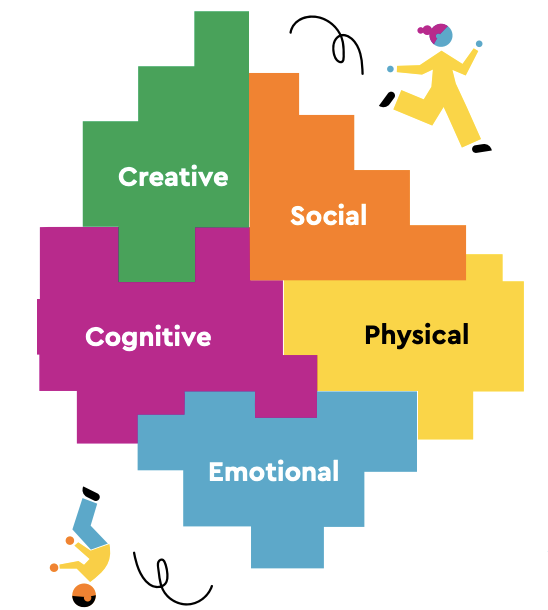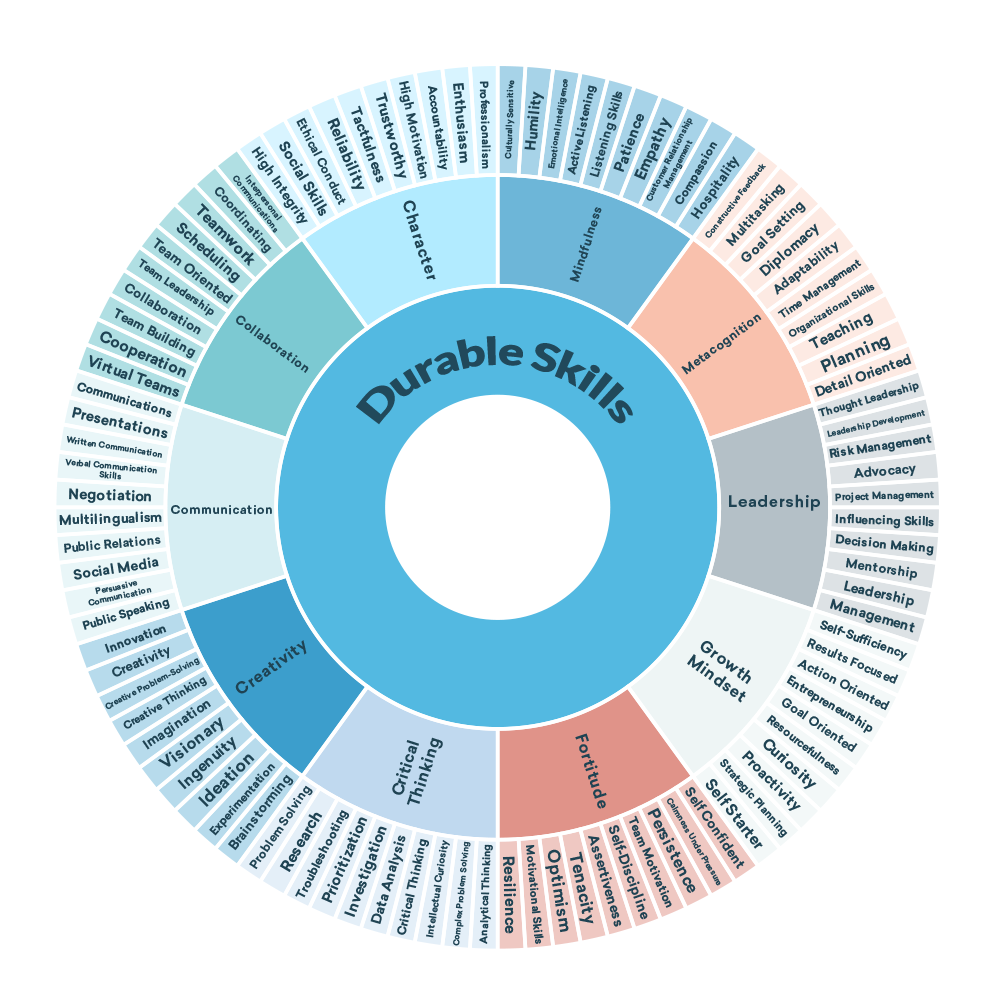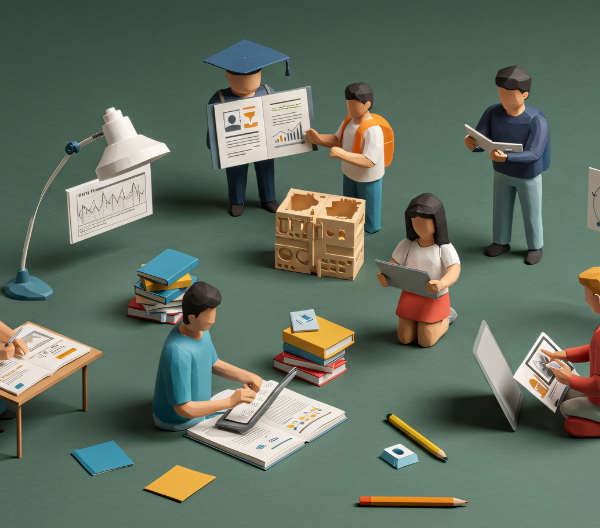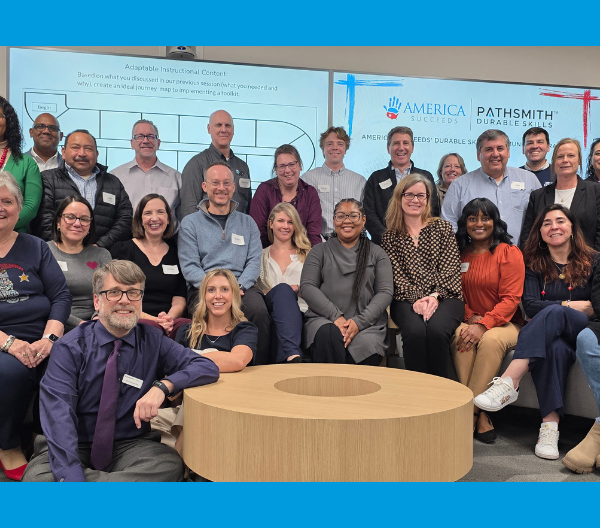Lego Education released a position paper where they discussed the need to build skills in the classroom that last a lifetime.
While foundational skills are a must, it is increasingly important to focus on the whole learner and help students develop holistic skills, including 21st century skills like communication, collaboration, problem-solving and creativity. These skills for holistic development also contribute to success and happiness in one’s personal life.” LEGO Education
We could not agree more. America Succeeds works at the intersection of K-12, workforce, and equity issues to improve the school-to-work pipeline for the mutual benefit of students and employers.
In an era when technical skills are evolving at an unprecedented pace, there is an important set of durable ‘soft skills’ that last a lifetime. These include how we use what we know (critical thinking, communication, collaboration, creativity) and character skills (resilience, ethics, leadership, etc.). By equipping students with skills to thrive in the 21st century, we can make sure that students have the agility to move comfortably throughout the workforce, navigate challenging situations and different relationships, and contribute to their communities along the way.
An Increased Demand for 21st Century Skills in a Post-Pandemic World
In their report, LEGO Education also highlights a similar sentiment about the necessity of skills-based hiring and education practices following the unprecedented COVID-19 pandemic.
Prior to the pandemic, only 49% of learners completed an associate’s degree or higher after high school, and COVID-19 further exacerbated inequities for students of color, low-income, and rural students across the country. As we look toward economic recovery — and meeting the goals of workforce diversity, equity, and inclusion efforts — Durable Skills education can help ensure a broader and more inclusive group of learners ultimately find success in their careers and communities.
A Holistic, Durable Skills-Based Education
To address these challenges, LEGO Education highlights the importance of skills for holistic development. They list these skills as:

- Cognitive: When we are able to learn how to solve complex tasks in our life – no matter if they are related to situations at school, work, or in our private life.
- Creative: When we can come up with new solutions to problems that the world of tomorrow will face.
- Physical: When we exercise our minds and bodies to maintain wellbeing towards a successful life.
- Social: When we are empowered to be strong collaborators and communicators.
- Emotional: When we are better able to tackle challenges in everyday life and relate in important ways to our family and friends.
Similarly, Durable Skills include a combination of how you use what you know – skills like critical thinking, communication, collaboration, and creativity – as well as character skills like fortitude, growth mindset, and leadership.

- Leadership: Directing efforts and delivering results
- Character: Personal and professional conduct
- Collaboration: Teamwork and connection
- Communication: Information exchange and management
- Creativity: New ideas and novel solutions
- Critical Thinking: Informed ideas and effective solutions
- Metacognition: Self understanding and personal management
- Mindfulness: Interpersonal and self awareness
- Growth Mindset: Improvement and aspiration
- Fortitude: Constitution and inspiration
America Succeeds’ Durable Skills initiative seeks to ensure every individual is prepared with the skills necessary for success in the workforce regardless of educational attainment, career path, or industry sector.
Cultivating Career Pathways
Despite employer’s overwhelming demand for these skills, they are not part of college and career readiness standards. To transform the talent pipeline for the benefit of schools, employers, and communities, America Succeeds is now focusing on converting employer demand for these skills into action that will transform the talent pipeline.
For us, this means ensuring that K-12 education systems foster these skills. Regardless of whether students continue their education, enter the workforce, or both, we believe that they should graduate high school prepared for their next steps. And that includes having the ability to learn and retain a wide range of Durable Skills.
Watch for our next report late this month, and catch up on the earlier edition.




